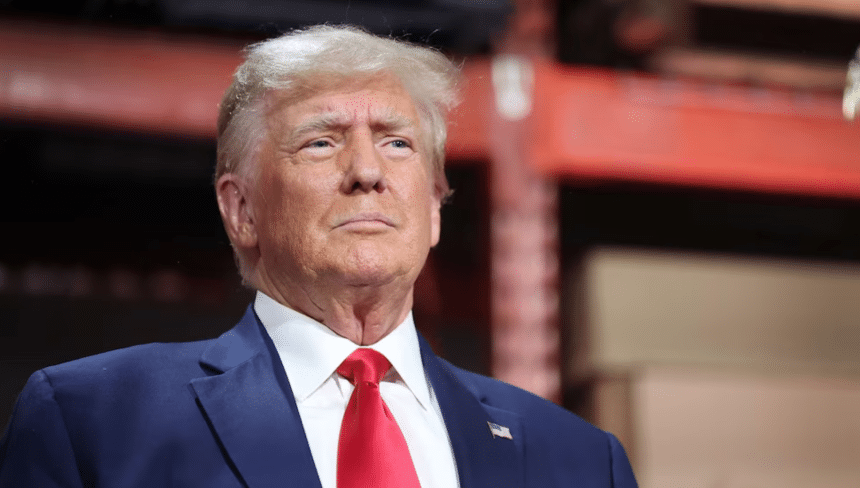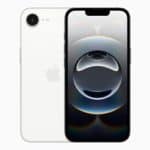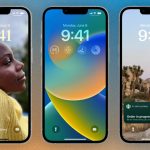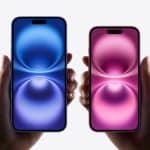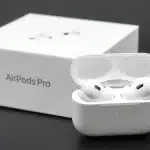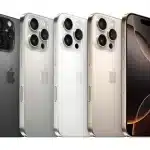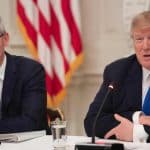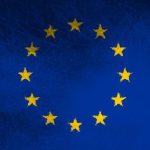Former President Donald Trump publicly urged Apple to cooperate with the FBI in unlocking iPhones used by suspects in criminal investigations. His demand stemmed from concerns about national security, as the FBI encountered encrypted iPhones during investigations into criminal activities.
During his presidency, Trump voiced his frustrations on social media, stating that Apple must help law enforcement agencies. “Apple has to step up to the plate and help our great country,” Trump said. His remarks reignited debates over privacy rights and the balance between security and individual freedoms.

Apple’s Stance on Privacy and Encryption
Apple has maintained its commitment to user privacy, resisting requests to unlock iPhones for authorities. The company argued that creating a backdoor for the government could expose millions of users to potential data breaches. Apple CEO Tim Cook has repeatedly emphasized the importance of encryption for protecting personal information, citing risks if the system is compromised.
In previous cases, Apple has pointed out that weakening encryption could allow malicious actors to exploit these vulnerabilities, leading to unintended consequences for millions of users.
Legal and Public Reactions to Trump’s Statements
Trump’s comments prompted reactions from both legal experts and privacy advocates. Some legal experts agreed with Trump, arguing that national security should take precedence over privacy concerns in serious investigations. Meanwhile, privacy advocates criticized the demand, fearing that government access to encrypted devices could set a dangerous precedent.
Despite the mounting pressure, Apple remained firm in its position, defending its encryption policies as essential for customer trust. The debate between national security and privacy remains a polarizing issue as technological advances continue to challenge existing legal frameworks.
